Publicado el 23 de enero de 2023
Syria has experienced a catastrophic war that involves the Syrian autocratic regime, Syrian rebels, the self-styled Islamic State, al-Qaeda-affiliated terrorist organizations, Kurdish-led organizations, and foreign militias including Hezbollah, Russia, Iran, Turkey, and the United States have also intervened. (1.United Institute of Peace, Fact sheet, 2020) In this academic paper, I will analyze the main challenges for democracy advancement in Syria. I will also expose strategies to improve democracy promotion and develop a proposal to de-escalate the conflict.
Freedom House considered Syria as the MENA region’s greatest tragedy in 2014. (2.-Freedom House in the world, 2014). In May 2021,Bashar al-Assad secured a fourth term as president for seven more years in elections that did not occur under the auspices of the United Nations-led political process and failed to adhere to standards for free and fair elections. (3.-Human Rights Watch, Syrian events of 2021).
One of the main challenges of democracy in Syria is the fact that the Syrian authoritarian regime is persistent. It has developed a strategy to maintain its elite in power in order to avoid change of regime. (4.Albrecht, H., & Schlumberger, O. 2004) The tragedy in Syria is a perfect example of how the prevalence of a coercive apparatus is one of the main factors that cause democracy’s failure in the MENA region (5.Bellin, E. 2004).
Ronald J. Fisher exemplifies how ethnocentrism triggers aggressive behaviors towards outgroups. Using a Freudian approach, he explains how parents who are members of the elite in society tend to be over concerned about social status and proper behavior and use harsh autocratic discipline to rear socially accepted children. In consequence, the frustration causes unacceptable faults that are projected onto powerless minority groups, while the aggression is redirected to outgroups in formsof hostility. (6. Ronald J. Fisher). Given the fact that Bashar al-Assad is part of the Syrian elite, we could presume that ethnocentrism could influence his attitude towards minorities.
This model explains some psychological traits related to autocracy, it does not provide an integral comprehensive approach to all the dimensions that shape the conflict. Democratic transition can be carried out successfully only when the State’s coercive apparatus lacks the will or capacity to undermine democracy. (5.Bellin, E. 2004). The Syrian regime seems not to have lack of will to undermine democracy. The international support of the regime is also an important element that strengthens the coercive apparatus and weakens democracy.
Another challenge is the contradiction that represents for the U.S and EU, the fact that Islamist movements are an important part of the opposition against autocratic regimes in the MENA region. This is paradoxical because democracy is autocracy’s antithesis, while some radical Islamism groups jeopardize both, the US’s security interests but also the autocratic regime’s interests. It is important to point out that not all Islamist group are radical, some of them are moderate and some other ones even propose a reinterpretation of Islam.
Thus, the level of engagement with Islamist movements will depend on how radical they are and how strategic they will be for the EU and U.S interests. Religion is an element that gives political power to Islamist groups. In fact, it is not religion but regulation of religion by government in Muslim-majority countries that is correlated to democratic decline. (7. -Wolff, Sarah, 2015). Therefore, the promotion of religious freedom, religious engagement, and religious awareness are key factors to engage better with Islamist movements and successfully advance democracy in the Syria.It is imperative to strengthen diplomatic efforts with Russia to find a solution to the conflict. The United States will always protect its political interests through the articulation of its foreign policy. Democracy promotion is part of America’s Raison d’être. Since the administration of Woodrow Wilson, we can see a constant articulation of a foreign policy that prioritizes the implementation of democracy promotion at an international level.
Democracy promotion is part of America’s tradition. Throughout history, we can see a combination of realistic and idealistic approaches shaping the American foreign policy. Russia is also a geopolitical power that will protect its political interests through the articulation of its foreign policy. Moscow’s involvement in Syria is part of a project to restore Russia as a great power with influence in international affairs by opposing what it sees as US-orchestrated regime change. Russia sees popular protests in geopolitical terms. (8.Andersson and Waage) Unfortunately, Syria is a battlefield in which the U.S and Russia will look after their interests. Therefore, diplomatic efforts and negotiation between the U.S and Russia are necessary to achieve progress on democracy in Syria.
Democracy is the opposite of autocracy; it is precisely for this reason that the U.S has focused its efforts to promote democracy in Syria. According to the U.S Department of State, the United States is making great efforts in promoting democracy in Syria by supporting local councils, activists, and civil society organizations to counter the influence of extremist groups like Al-Qaeda. (9.U.S Department of State) However, geopolitical interests have undermined these efforts. The frustration of pro-Western Arab states with the US is such that Russia has gained some political ground, after initially drawing the ire of leading Arab states because of its support for Assad. By backing one of the main parties in the conflict, it has come to be seen as a key player in any possible peace deal. (10.Jane Kinninmont)
The battle of geopolitical interests is one of the biggest challenges for democracy promotion in Syria. According to a Congressional Research Service report updated in April 19, 2022, five countries operate in, or maintain military forces in Syria: Russia, Turkey, Iran, Israel, and the United States. The United States seeks a negotiated political settlement to the Syria conflict and the enduring defeat of the Islamic State. (11.-crsreports.congress.gov) This situation is critical because the U.S and Russia have different opinions regarding Syria’s regime. As long as Russia continues to support the Syrian regime, little progress can be made in advancing democracy in the country. Since the start of the conflict in Syria in 2011, Russia has vetoed 17 Security Council resolutions on Syria. Throughout this time, Russia has only sought to shield the Assad regime – to shield that regime from accountability for its brutal human rights abuses, its chemical weapons use. (12. -U.S mission to the UN)
Russia’s vetoes at the Security Council are a clear example of group polarization. Tali Mendelberg mentioned the great value of deliberation but she also points out that it can rarely have clear goals. According to the author, face-to-face discussions greatly increase cooperation but often at a cost. Individuals compose groups. Individuals have psychological biases that lead to polarization within groups. (13.Mendelberg, Tali 2002)
The common in-group identity model provides a promising approach in analyzing group polarization. It states that in-group bias and conflict can be reduced by factors that transform
member’s cognitive representation of the memberships from two groups to one group. Cooperation is a clear example of putting this theory into practice. Bilateral cooperation, for instance, would be a clear example of overcoming in-group bias by creating common goals. (14.Gaertner, S. L., & Dovidio, J. F. 2012).In this sense, Russia and the U.S, being the two most important geopolitical powers involved in the conflict, should seek common objectives and work towards them. This would reduce in-group bias and conflict. The fight against the Islamic State and terrorism in general is a good example of an objective that could help the U.S and Russia transcend the polarization of their geopolitical interests and facilitate the search for a workable resolution. Perhaps not a total eradication of polarization, but a significant decrease would be achieved. The UN Security Council, having several members with different geopolitical interests, generates biases and polarizations within the group that prevent the creation of resolutions that would alleviate the conflict.
The creation of a bilateral Ad-hoc cooperation program for the fight against terrorism in Syria, between the U.S and Russia would help transform the cognitive representation of the U.S and Russian delegations from members of two polarized groups into a single group with common interests.
Literature on perspective taking argues that the thoughtful consideration of the world from other viewpoints increases the perceived overlap between the perspective taker and the target of perspective taking, thereby increasing tolerance, empathic concern, and helping, and decreasing biases. (15.-Paluck, E. L. 2010). This technic could be used to prevent group polarization at the UN Security Council. A good starting point could be implementing the promotion of bi-national dialogues between the U.S and Russia, where they can expose each other’s national perspectives and identify common concerns to work on them and take into account conflicting interests.
Another serious challenge is the asymmetry in the U.S and EU democracy promotion strategies. It is imperative to understand the peculiar vision of the European Union toward Democracy Promotion, in order to examine the promotion of the EU in Syria. EU’s efforts to promote democracy are characterized by a preference to fund civil society initiatives as well as efforts toimprove governance and respect for human rights. (16. -Youngs, R. 2008) On the contrary, to the U.S strategy, the EU is not interested in articulating a policy that suspends the Westphalia principles of non-intervention. Thus, The EU‘s approach to democracy promotion does not have as a priority pursuing security and geopolitical interest as the United States does.
It is also important to strengthen the U.S and EU cooperation on democracy promotion in Syria. Regardless of the Asymmetry in the U.S and EU democracy promotion strategies in the MENA region, there are common strategies when it comes to democracy promotion. Both, the U.S and EU focus on training judges, public defenders, prosecutors, and parliamentarians in the region for example. (17. -Huber, D. 2008). Strengthening initiatives like this is vital for the development of democracy advancement in Syria.
References:
- The Current Situation in Syria, A USIP Fact Sheet, published on Wednesday, August 26, 2020 https://www.usip.org/publications/2020/08/current-situation-syria
- FREEDOM IN THE WORLD 2014, Middle East and North Africa. https://freedomhouse.org/sites/default/files/Middle%20East%20and%20North%20Africa%20Fct%20Sheet.pdf
- Human Rights Watch ,Syrian events of 2021. https://www.hrw.org/world-report/2022/country-chapters/Syria
- Albrecht, H., & Schlumberger, O. (2004). «Waiting for godot”: Regime change without Democratization in the Middle East. International Political Science Review.
- Bellin, E. (2004). The robustness of authoritarianism in the Middle East: Exceptionalism in comparative perspective. Comparative Politics, 36(2), 139-157.
- Ronald J. Fisher, Chapter 2 and 3 Fisher, Ronald J. «Intergroup Conflict»
- Wolff, Sarah, 2015, U.S. and EU Engagement with Islamists in the Middle East and North Africa, Transatlantic Academy Paper Series.8.- Andersson & Waage – The Geopolitics of Syria’s Reconstruction, PRIO Paper 2021.pages 12-13 U.S Department of State. https://www.state.gov/u-s-relations-with-syria/
- Jane Kinninmont Senior Research Fellow and Deputy Head MENA Programme The Royal Institute of International Affairs at Chatham House, London The-Syria-Conflict-and-the-Geopolitics-of-the-Region, 2014, page 51.
- Congressional Research Service, file:///C:/Users/derrick.cruz/OneDrive%20%20YMCA%20of%20Greater%20Houston/Desktop/IF11930.pdf
- U.S Mission to the UN. https://usun.usmission.gov
- Mendelberg, Tali (2002). The deliberative citizen: Theory and evidence. Political Decision Making, Deliberation and Participation, 6, 151-193.
- Gaertner, S. L., & Dovidio, J. F. (2012). Common in-group identity model. The encyclopedia of peace psychology.
- Paluck, E. L. (2010). Is it better not to talk? Group polarization, extended contact, and perspective taking in eastern Democratic Republic of Congo. Personality and Social Psychology Bulletin, 36(9), 1170-1185.
- Youngs, R. (2008). What has Europe been doing? , Journal of Democracy, 19(2), 160-169 (available on ECollege course site).
- Huber, D. (2008). Democracy assistance in the Middle East and North Africa: A comparison of US and EU policies. Mediterranean Politics, 13(1), 43-62.

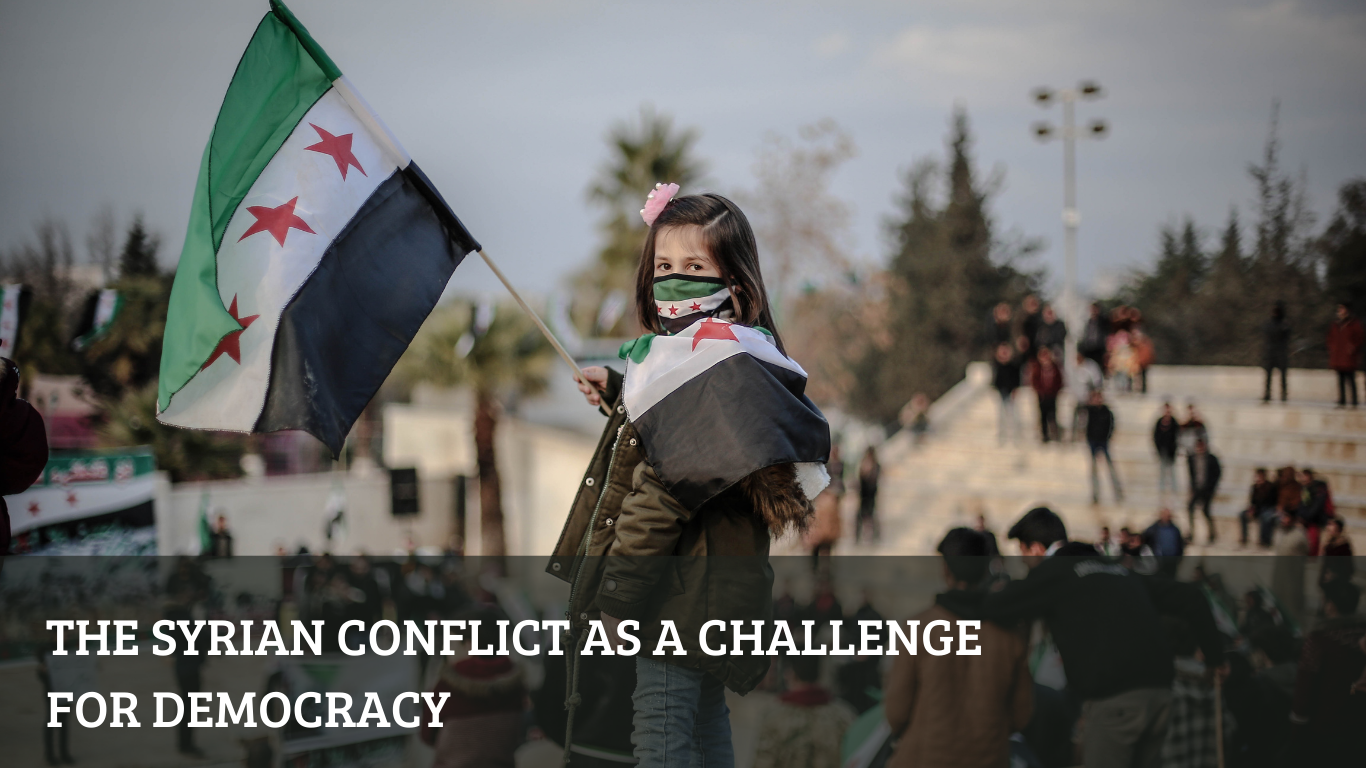
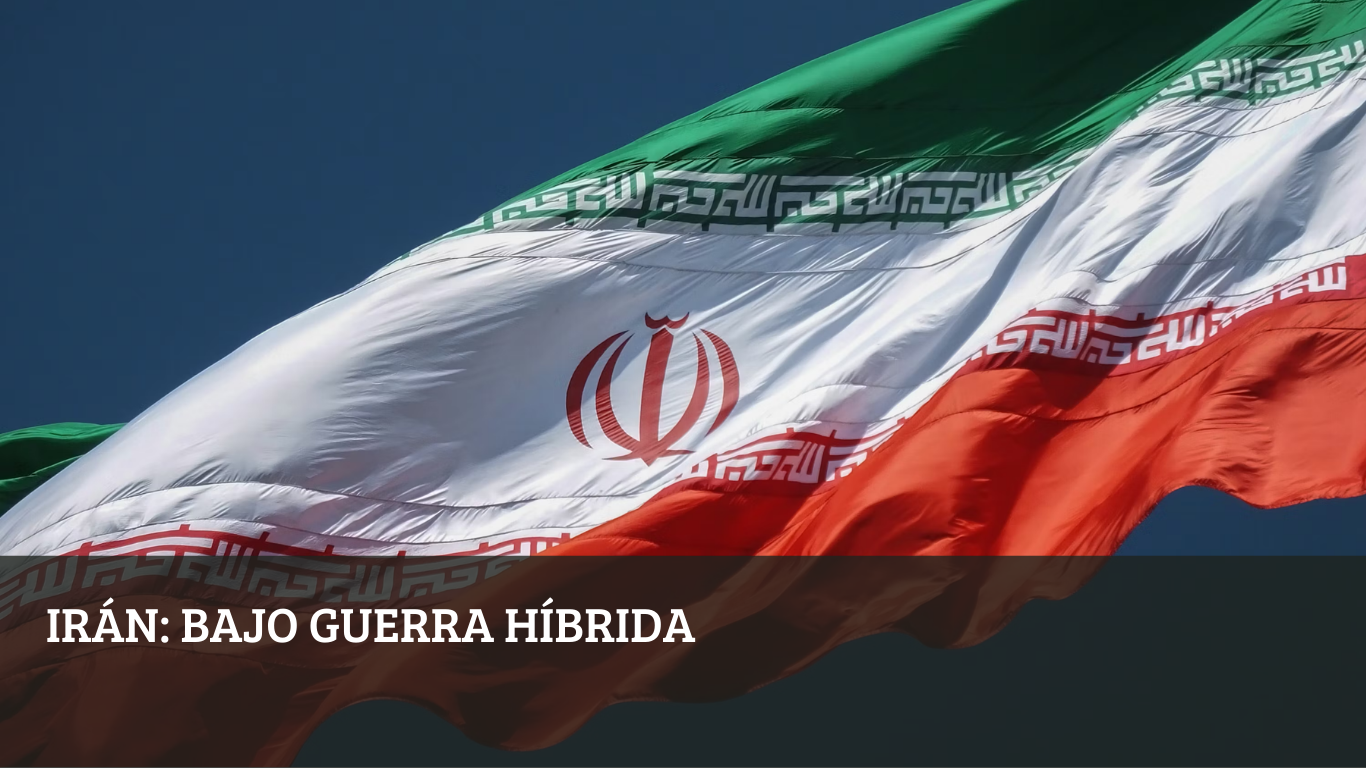
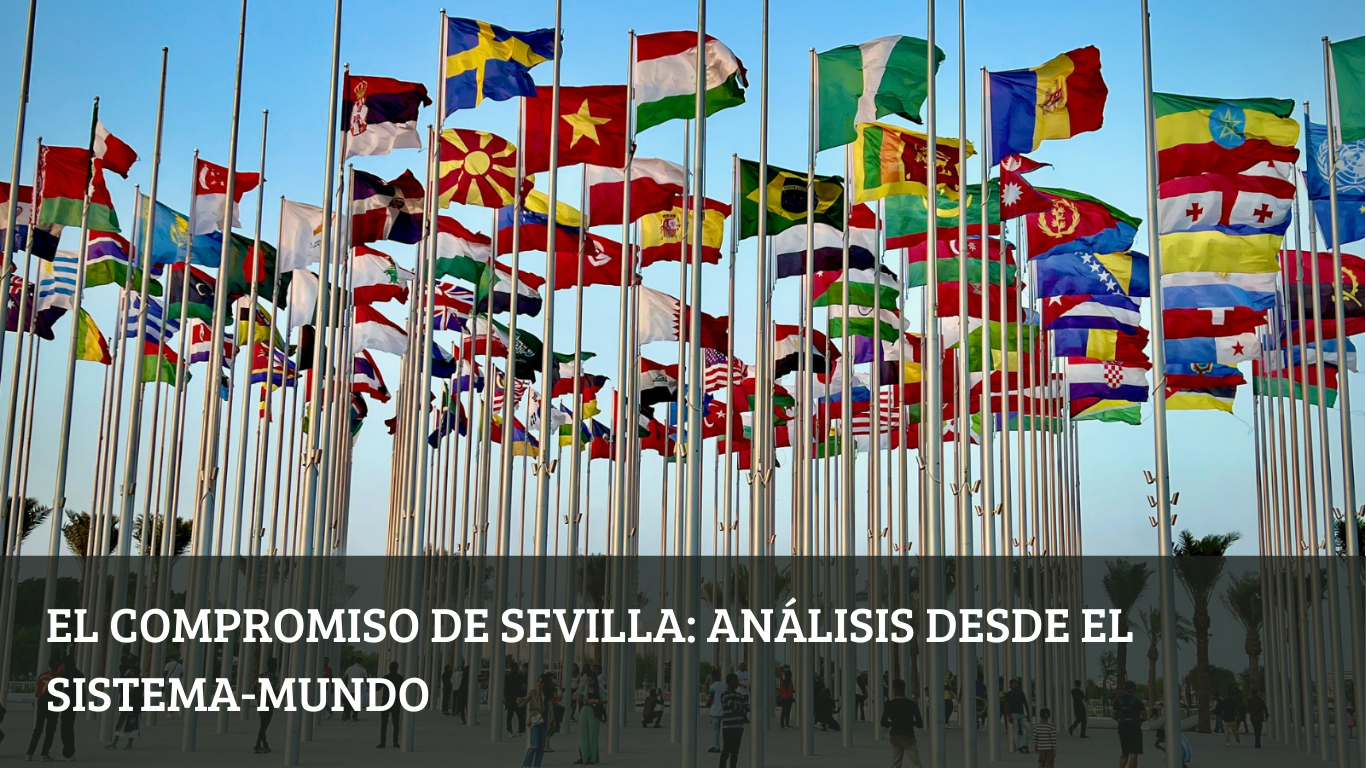
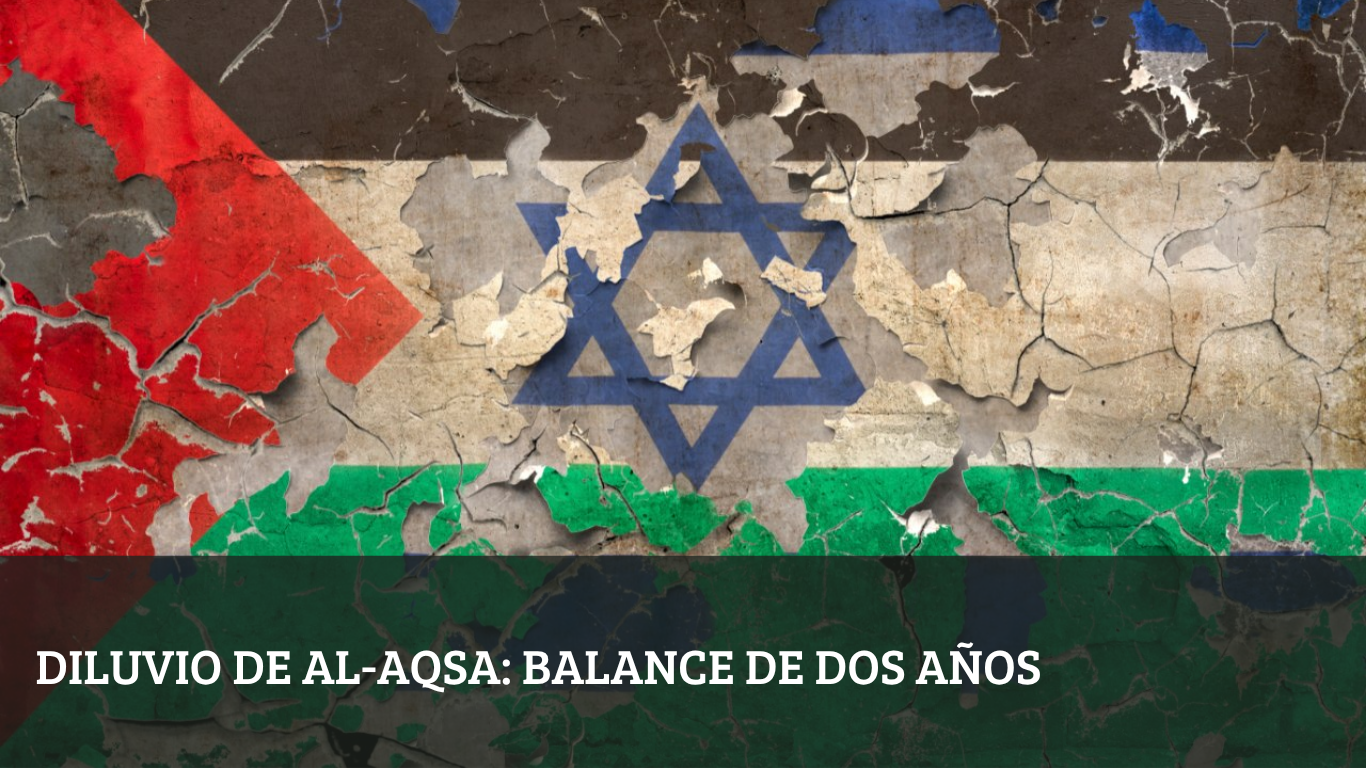
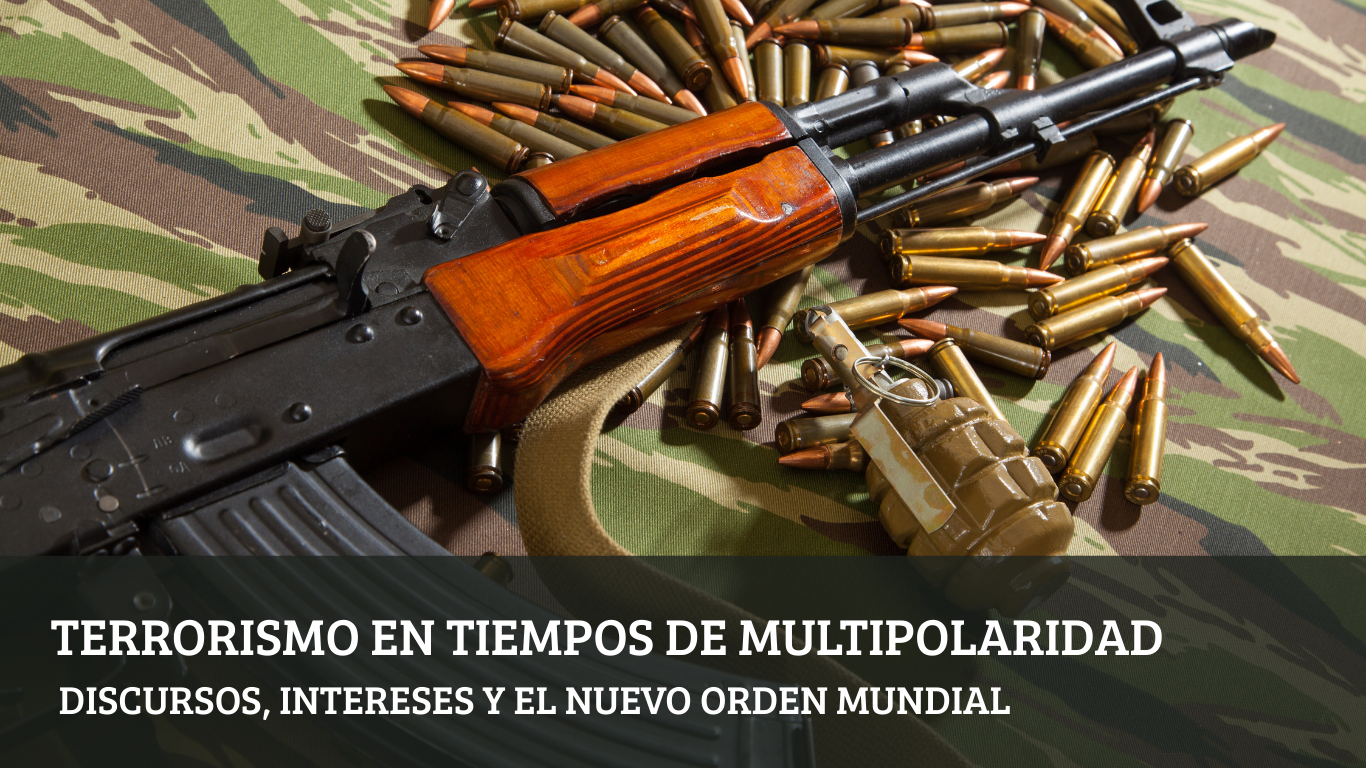

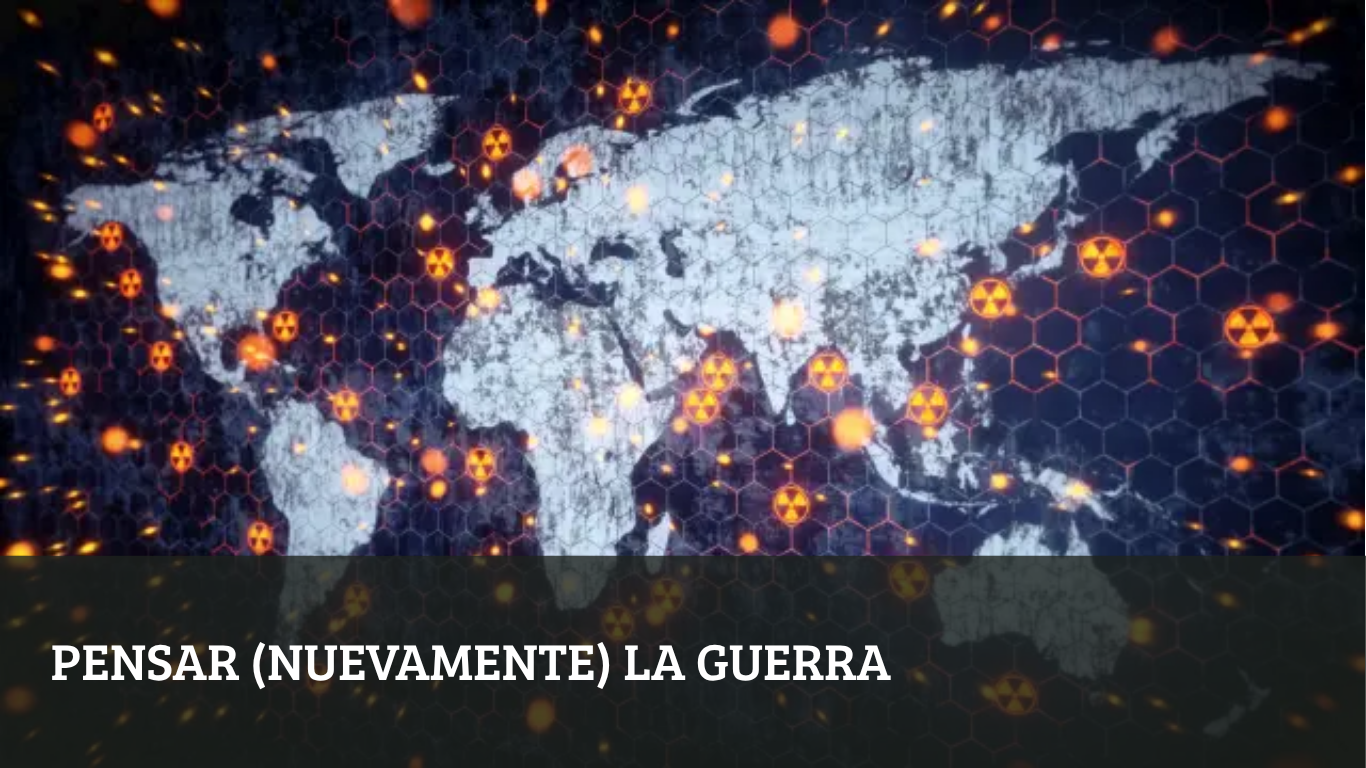
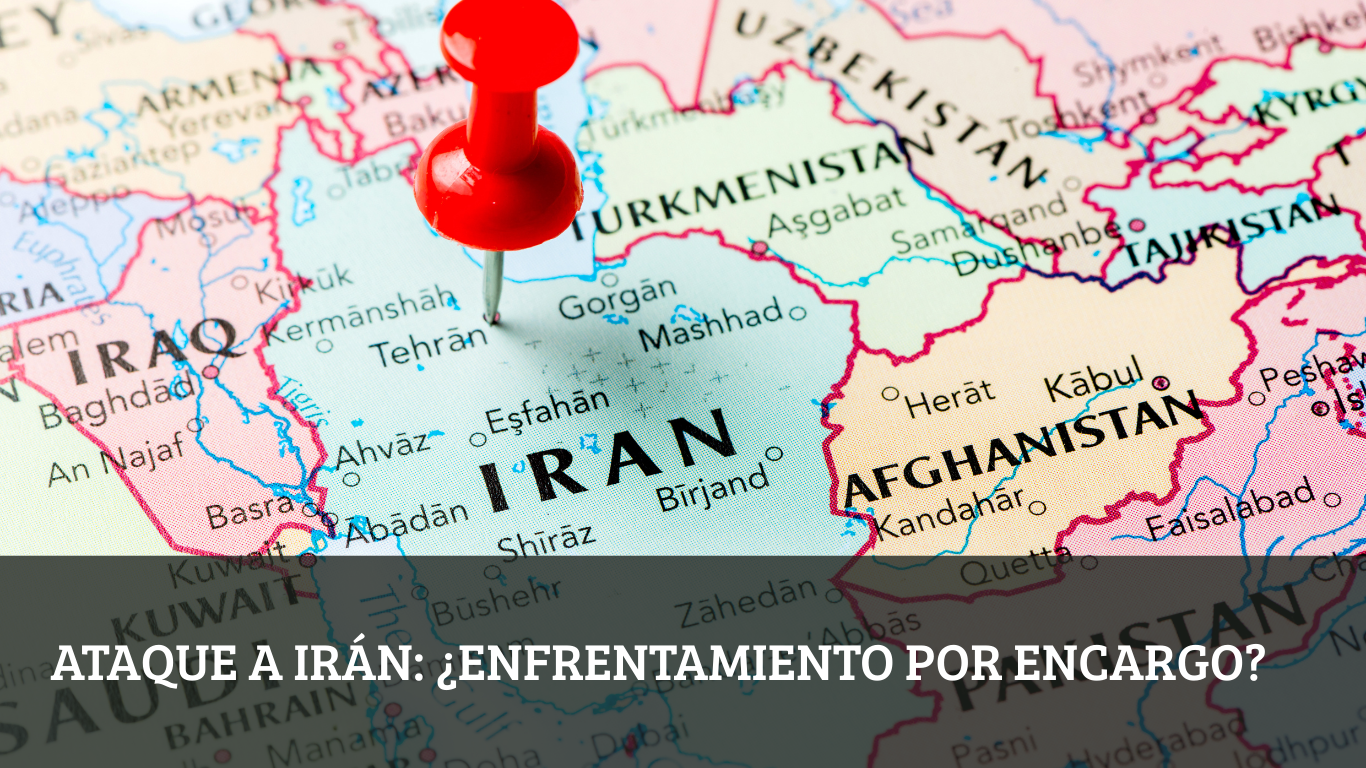


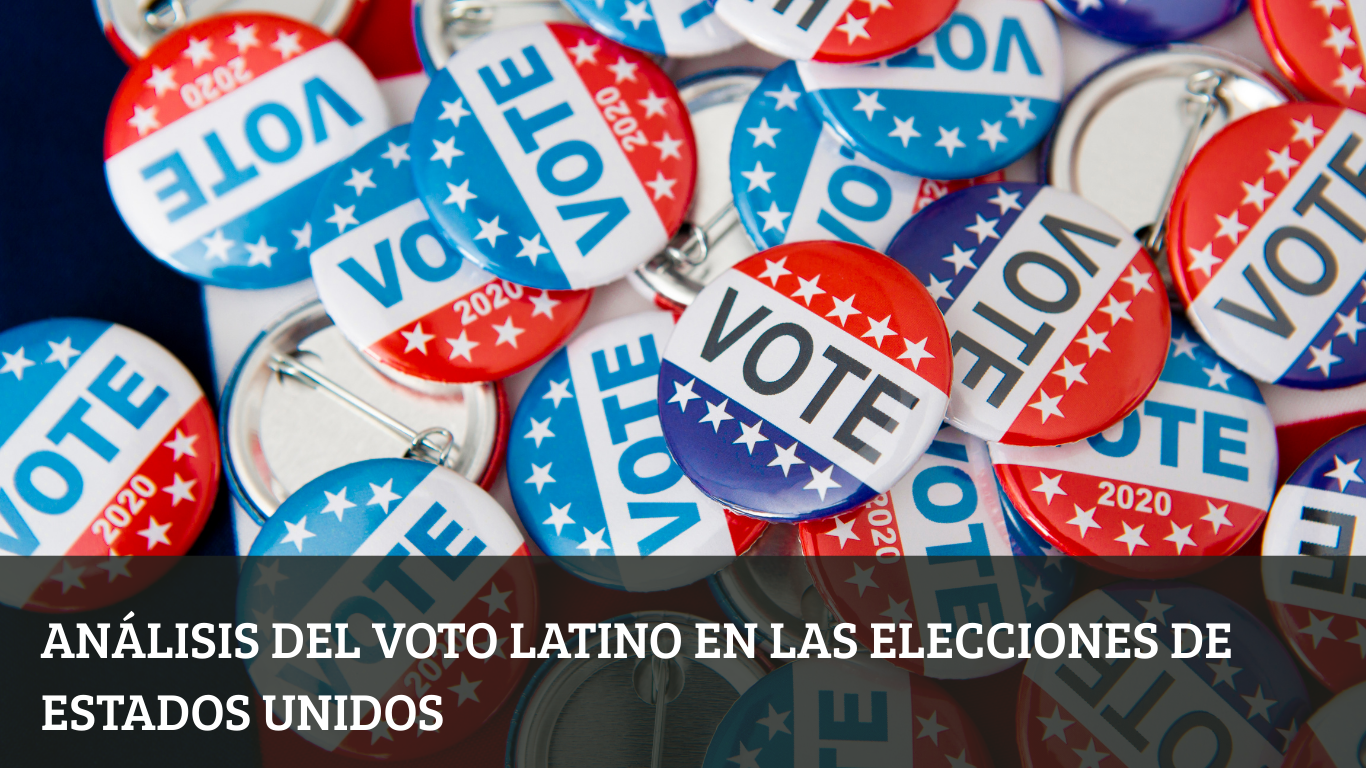
Deja una respuesta